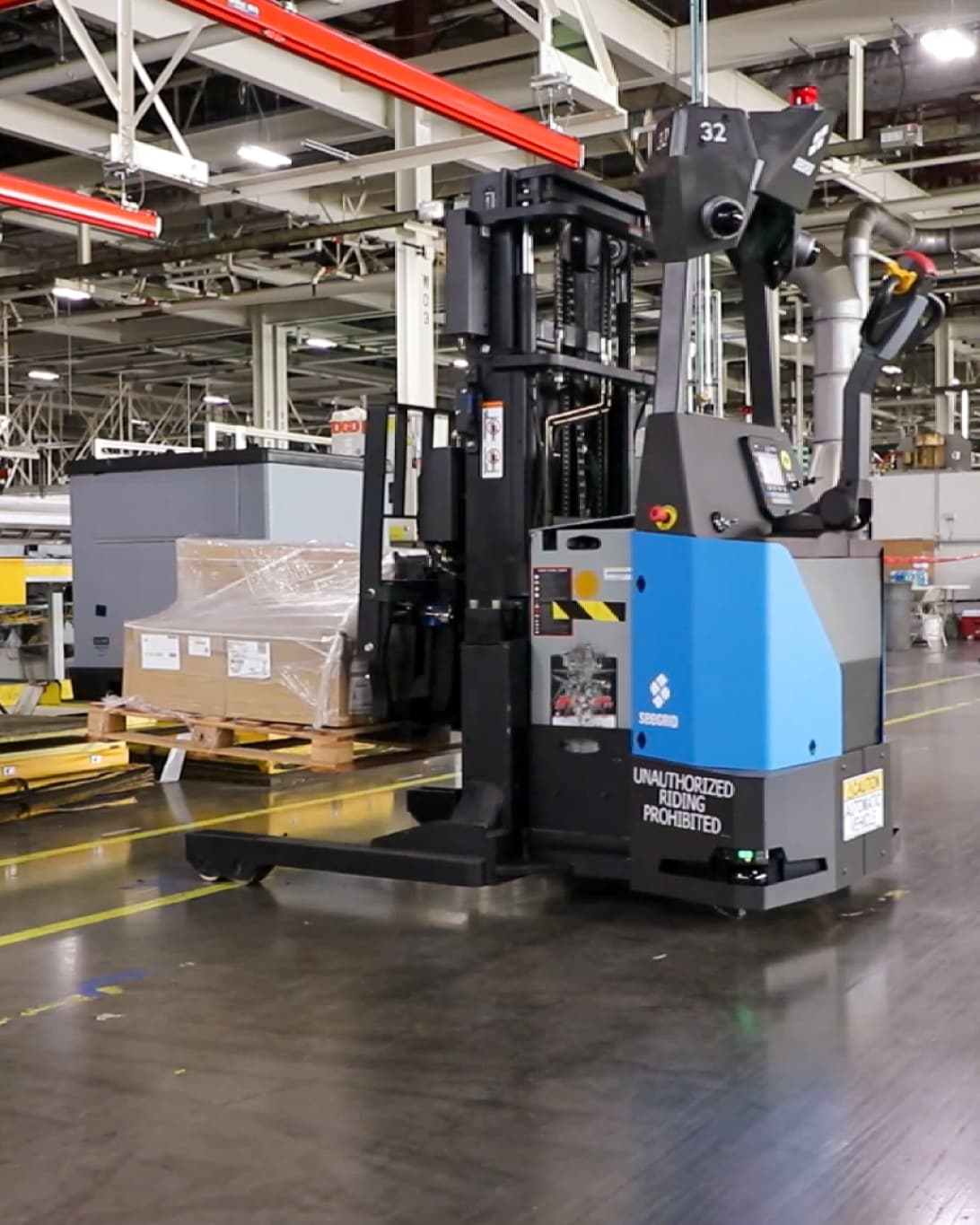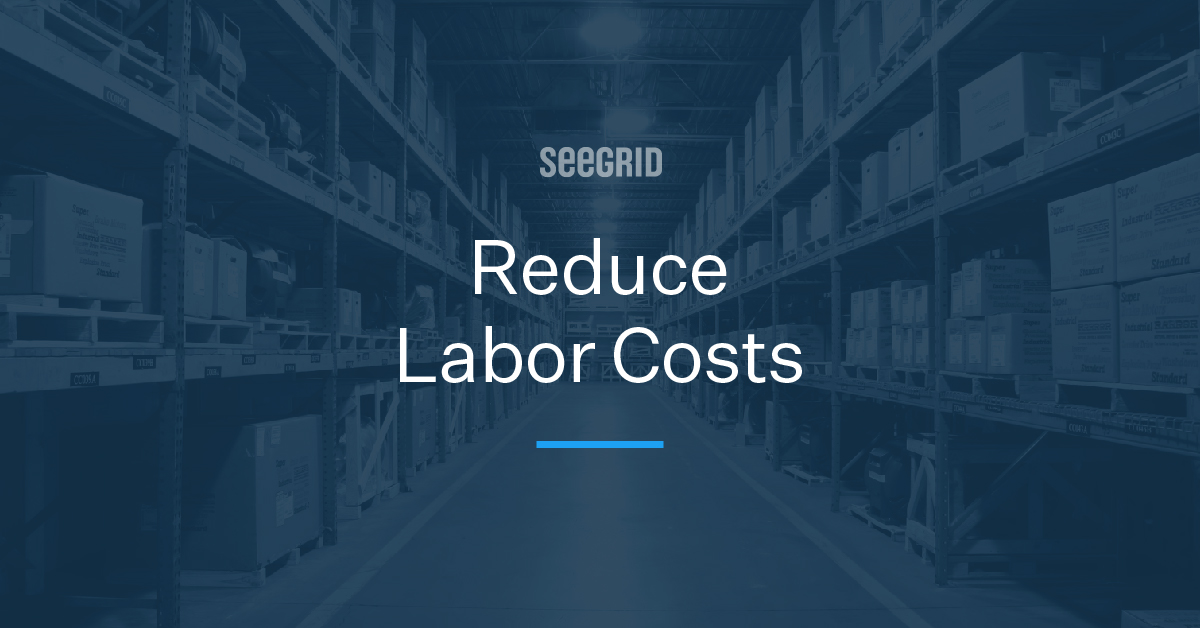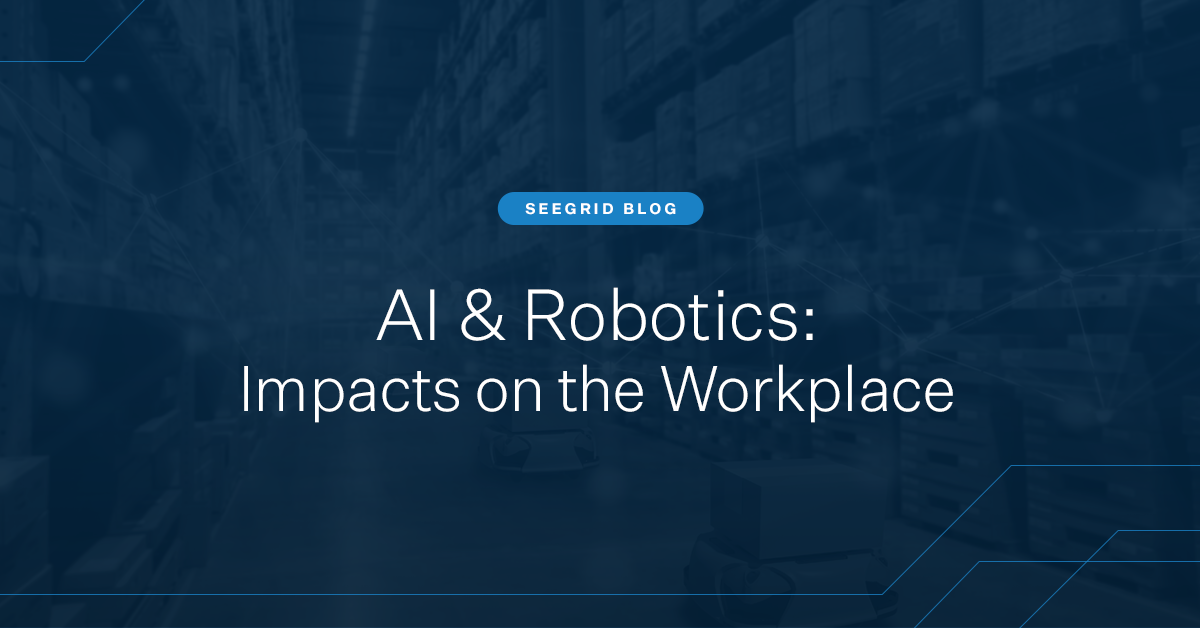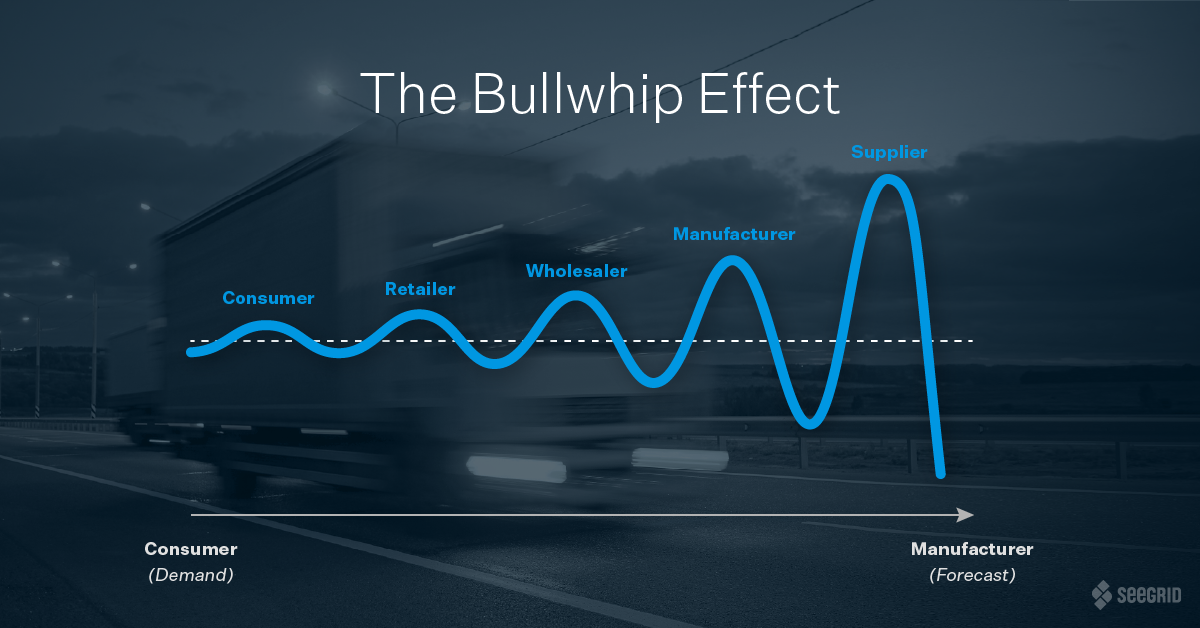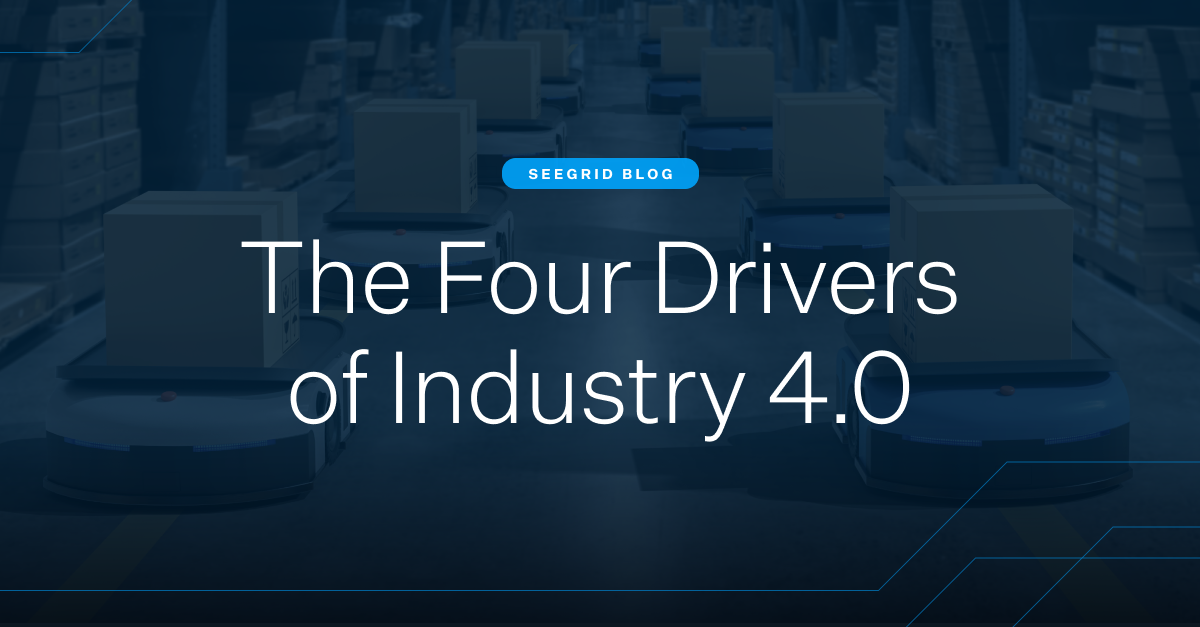For most companies, improving their bottom line is critical to success. When looking at the bigger picture, labor costs, operating costs, efficiency, and workflow processes are all aspects that play into a company’s overall progress. When disruptions to these areas happen, ripple effects can be felt across a facility.
Companies looking to improve their workflow processes are often faced with weighing the trade-offs of automation with the impact to human labor. Today, manufacturing and warehousing employers increasingly face employee shortages1 and high turnover rates for positions like forklift and tugger operators. These positions are crucial to the flow of goods and, historically, without workers filling these roles, manufacturers weren’t able to meet production or shipment needs.
By providing a reliable and effective transport solution in your facility, you’re able to overcome labor challenges. Through the implementation of automated guided vehicles like Seegrid’s vision-powered AGVs, you can solve headcount shortages, cut costs, and optimize workflow processes.
As companies turn to automation to streamline repetitive processes, workers are transitioning to higher-value jobs. At Whirlpool, over 150 people were able to be redeployed to other value-added positions following the implementation of Seegrid’s vision guided AGVs in just one of their facilities. On average, customers are able to re-deploy one full time employee with every two AGVs implemented. Through this transition, employers have improved issues surrounding labor shortages, absenteeism, and turnover that plague many companies in the manufacturing field. When companies can solve these disruptive issues, they save money and improve efficiency in the long term.
1Bolt, Cindy. “How Manufacturers Will Tackle the Talent Shortage in 2019.” IndustryWeek, 19 Dec. 2018, www.industryweek.com/talent/how-manufacturers-will-tackle-talent-shortage-2019.
